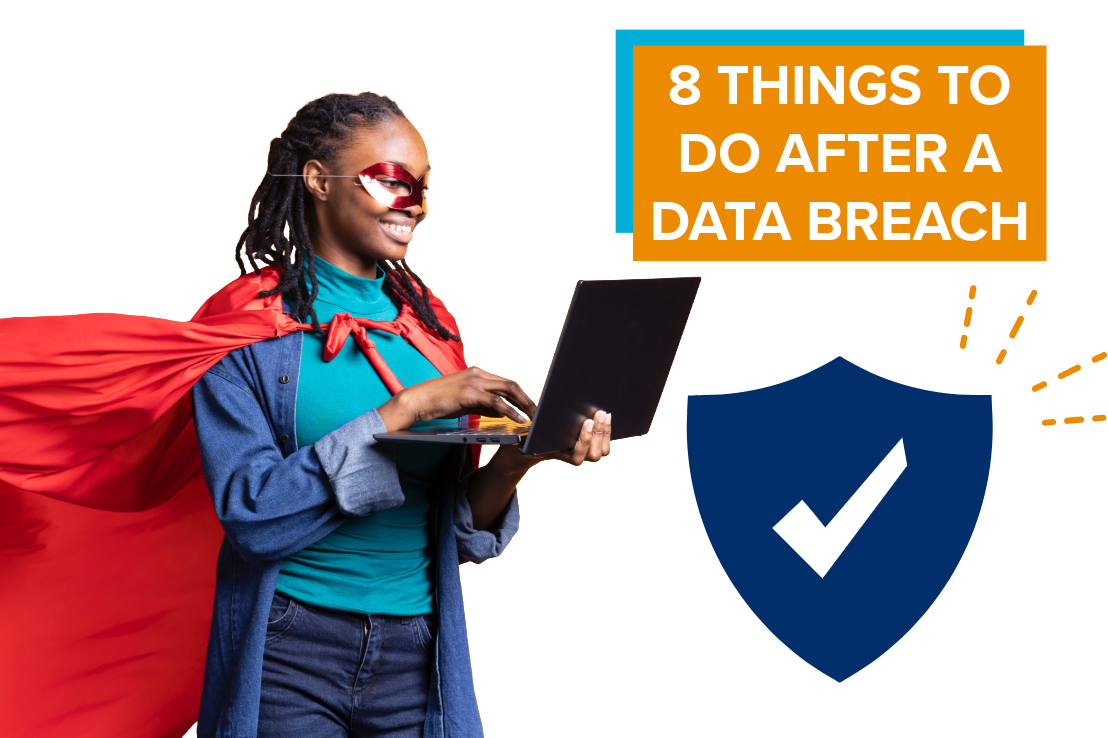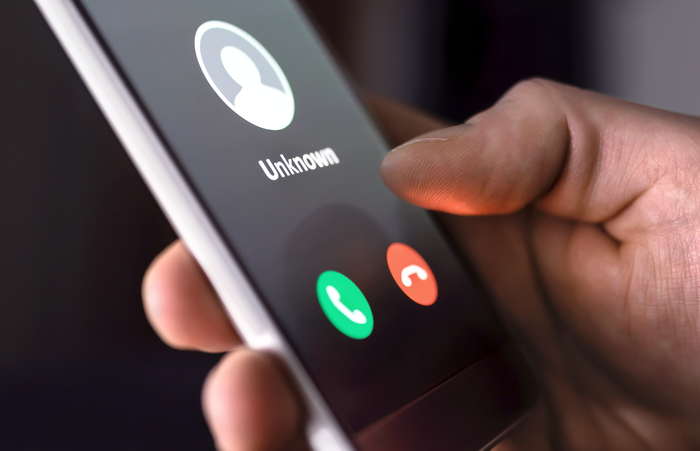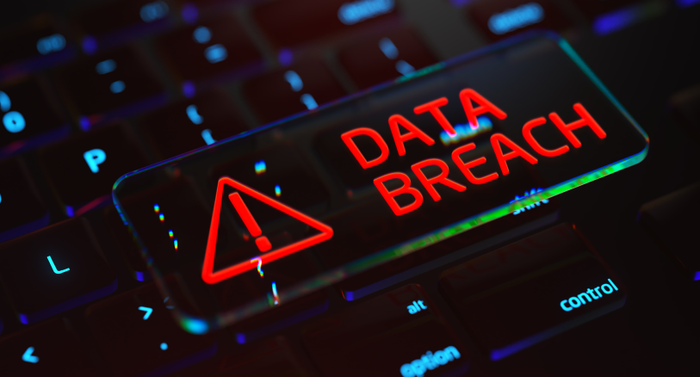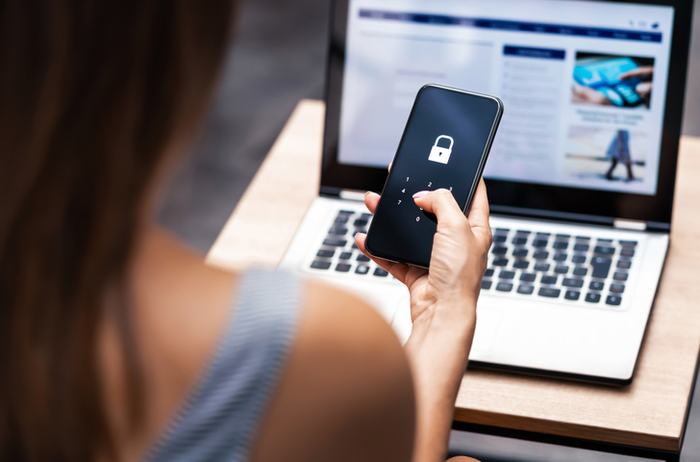If your personal or financial data has been stolen, there are steps you can take to secure your accounts.
If you've been notified that your credit or debit card has been compromised by a data breach, BBB has suggestions for next steps to take.
Data breaches happen when bad actors exploit the weaknesses in an organization's digital security measures. If your personal or financial information has been part of a data breach, you'll likely be notified by the business or organization impacted.
What you'll learn:
- What steps should I take if my information has been compromised by a data breach?
- How long should I monitor my accounts for after a data breach?
- What type of scams should I look out for after a data breach?
BBB suggests consumers take the following steps:

1. Stay calm. Consumers are not liable for fraudulent charges on stolen account numbers.
2. Check with the website of the company or organization that was breached for the latest information. Be sure to type the company name directly into your browser. Do not click on links from unknown emails or social media messages.
3. If your credit card has been compromised, you may hear from your bank or credit card issuer first. If not, call the customer service number on your card. You can notify the card issuer of the situation and ask what your options are for getting a new card issued and adding safeguards in place, like purchase notifications or minimum spending limits.
4. Consider putting a credit freeze or fraud alert on your credit reports with the three major reporting agencies, Equifax, Experian, and TransUnion. A credit freeze will prevent anyone from accessing your credit report or scores. This also means you cannot apply for new credit without lifting the freeze. On the other hand, a fraud alert flags your account, but does not automatically halt new credit being opened in your name. Choose which option you are most comfortable with.
5. Get a free annual credit report. AnnualCreditReport.com is the only website authorized by the Federal Trade Commission (FTC) to provide you with a free annual credit report. Be wary of ads, emails, and social media messages for other services. Whether or not you are a victim of a data breach, it is best practice to check your credit reports annually.
6. If your credit card(s) has been breached:
- Monitor your credit card statements carefully (go online; don’t wait for the paper statement).
- If you see a fraudulent charge, report it to your bank or credit card issuer immediately so the charge can be reversed and a new card issued.
- Keep receipts in case you need to prove which charges you authorized and which ones you did not.
- If you haven't already, set up purchasing notifications for your credit cards so you are alerted any time a purchase is made. Ask your credit card issuer if you can set up maximum spending limits on your card.
7. If your debit card has been breached:
- Do all of the above for credit cards, but pay very careful attention to your account. Debit cards do not have the same protections as credit cards, and debit transactions withdraw funds directly from your bank account.
- Contact your bank for more information or if you want to pre-emptively request a new debit card or put a security block on your account.
8. Beware of scammers who may purport to be from the retailer, your bank, or your credit card issuer, telling you that your card was compromised and suggesting actions to “fix” the problem. Phishing emails may attempt to fool you into providing your credit card information or ask you to click on a link or open an attachment, which can download malware onto your computer.
If you've experienced a scam, help warn others by reporting it to BBB Scam Tracker.




